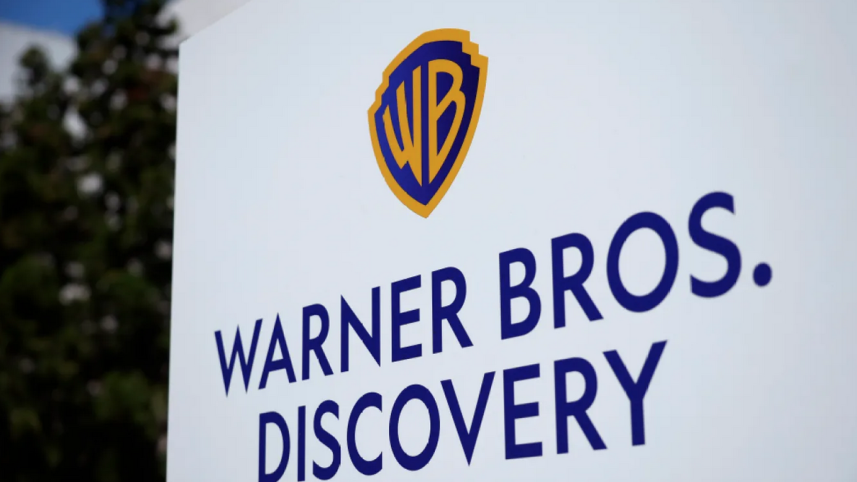Warner Bros Discovery opposes Israeli film boycott: ‘Our policies prohibit discrimination of any kind’

Warner Bros Discovery (WBD) has issued an official statement opposing calls for a boycott of Israeli film institutions, saying such actions would violate the company's anti-discrimination policies.
"Warner Bros Discovery is committed to fostering an inclusive and respectful environment for its employees, collaborators, and other stakeholders," a WBD spokesperson said. "Our policies prohibit discrimination of any kind, including discrimination based on race, religion, national origin or ancestry. We believe a boycott of Israeli film institutions violates our policies. While we respect the rights of individuals and groups to express their views and advocate for causes, we will continue to align our business practices with the requirements of our policies and the law."
The company's statement comes in response to a legal letter addressing a pledge organised by Film Workers for Palestine, which calls for avoiding collaboration with Israeli film institutions allegedly "implicated in genocide and apartheid against the Palestinian people." The pledge, signed by more than 200 industry figures including Olivia Colman, Emma Stone, Mark Ruffalo, and Javier Bardem, has sparked significant controversy.
According to the group's FAQ, Israeli citizens of Palestinian heritage would not be subject to the same boycott rules, with "context-sensitive" exceptions applied — a clause that has further complicated the debate.
Legal experts in both the UK and the US have warned that such a boycott could breach equality and civil rights laws. The UK Lawyers for Israel cautioned studios, agencies, and unions that participating in the pledge could violate the Equality Act 2010, exposing signatories to litigation risks and affecting insurance and film financing.
Meanwhile, the Louis D Brandeis Center for Human Rights Under Law in Washington, DC noted that "numerous federal and state civil rights laws plainly prohibit" such discriminatory actions in the United States.
Last month, Paramount Pictures became the first studio to publicly oppose the boycott. Paramount's chief communications officer, Melissa Zukerman, said the company "does not agree with recent efforts to boycott Israeli filmmakers," adding, "Silencing individual creative artistes based on their nationality does not promote better understanding or advance the cause of peace."
She continued, "The global entertainment industry should be encouraging artistes to tell their stories and share their ideas with audiences throughout the world. We need more engagement and communication — not less."
Over 1,200 film industry professionals, including Liev Schreiber, Mayim Bialik, and Debra Messing, have since signed an open letter rejecting the boycott, calling instead for "dialogue, not division" within the global film community.



 For all latest news, follow The Daily Star's Google News channel.
For all latest news, follow The Daily Star's Google News channel. 
Comments